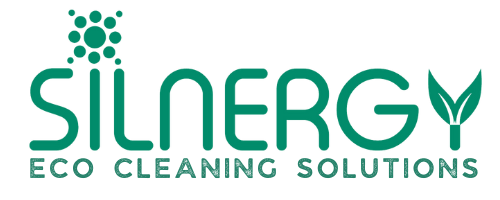Wastewater Effluent Management
Within our scope of services, wastewater is considered to mean sullage, i.e. waste water that does not contain excreta or toilet wastes. Effluent describes the wastewater that flows from a treatment plant, sewer or industrial outfall (discharge point of waste stream into a body of water such as sewer, drain, river etc.). It is also referred to as “trade effluent” or “sewage”.
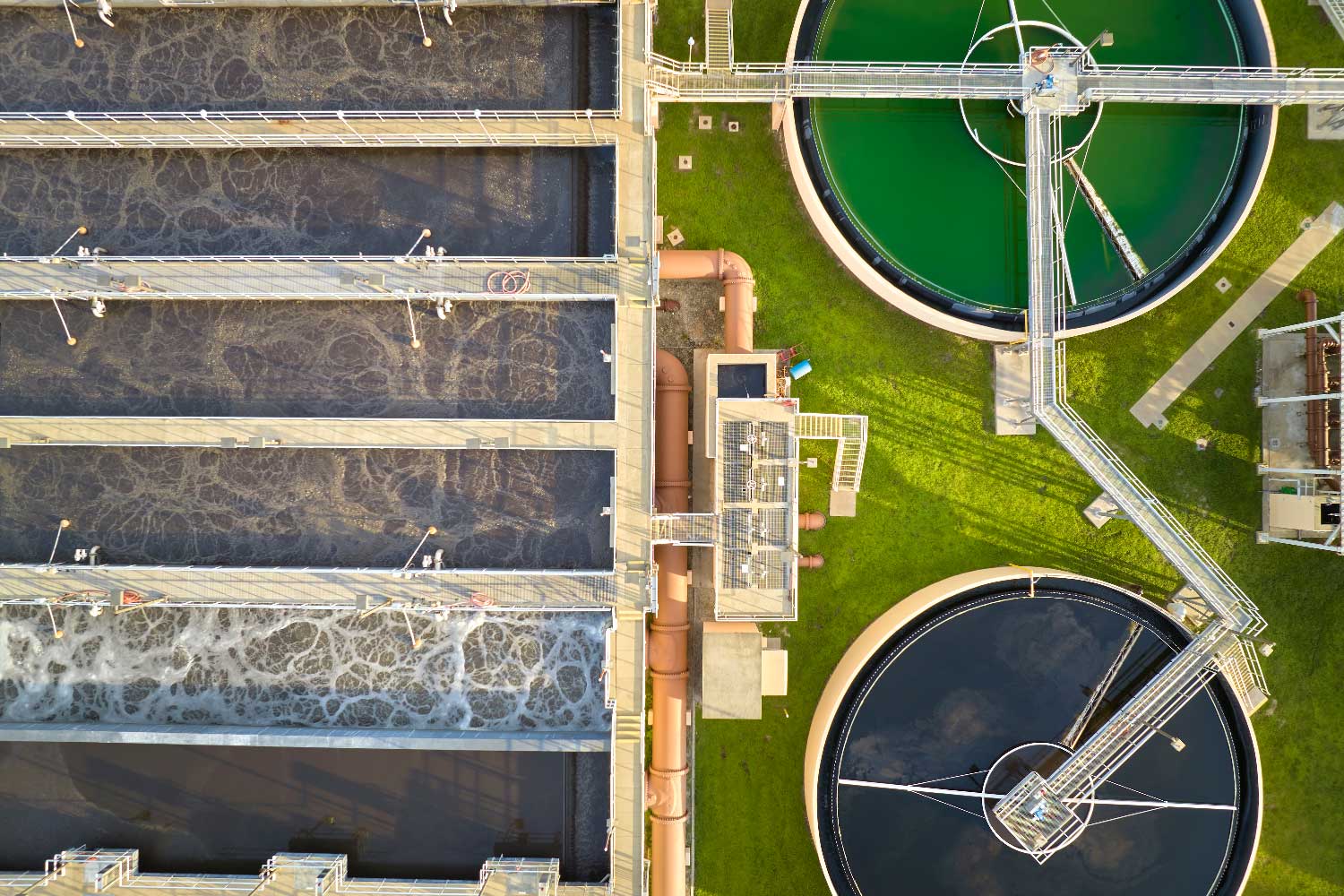
Wastewater or sewage treatment is the removal of impurities from wastewater, or sewage, before it reaches aquifers (underground layer of water-bearing, permeable rock, rock fractures, or unconsolidated materials) or natural bodies of water such as rivers, lakes, estuaries and oceans. Since PURE WATER is not found in nature, any distinction between clean water and polluted water depends on the type and concentration of impurities found in the water as well as on its intended use.
Wastewater or sewage treatment is the removal of impurities from wastewater, or sewage, before it reaches aquifers (underground layer of water-bearing, permeable rock, rock fractures, or unconsolidated materials) or natural bodies of water such as rivers, lakes, estuaries and oceans. Since PURE WATER is not found in nature, any distinction between clean water and polluted water depends on the type and concentration of impurities found in the water as well as on its intended use.
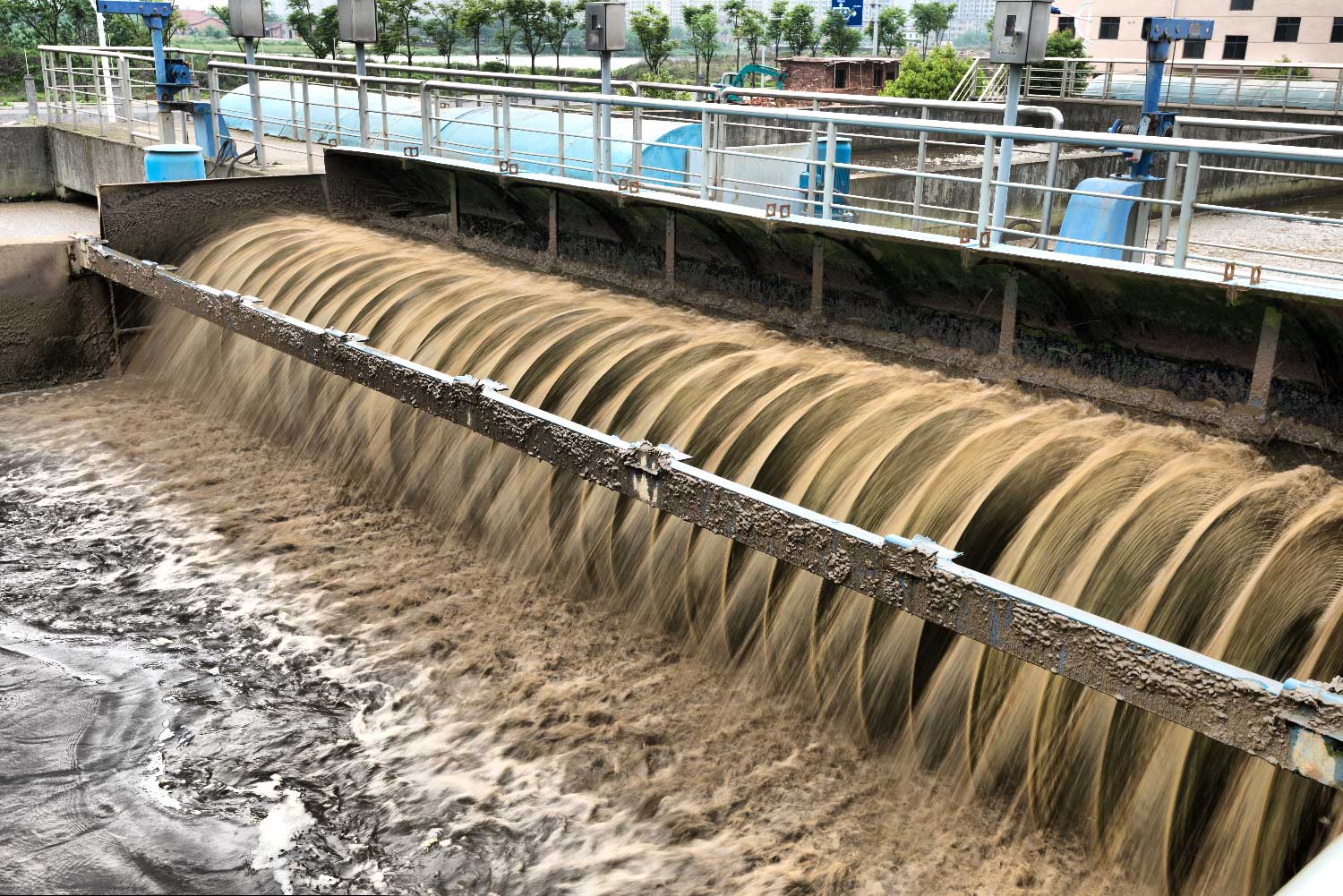
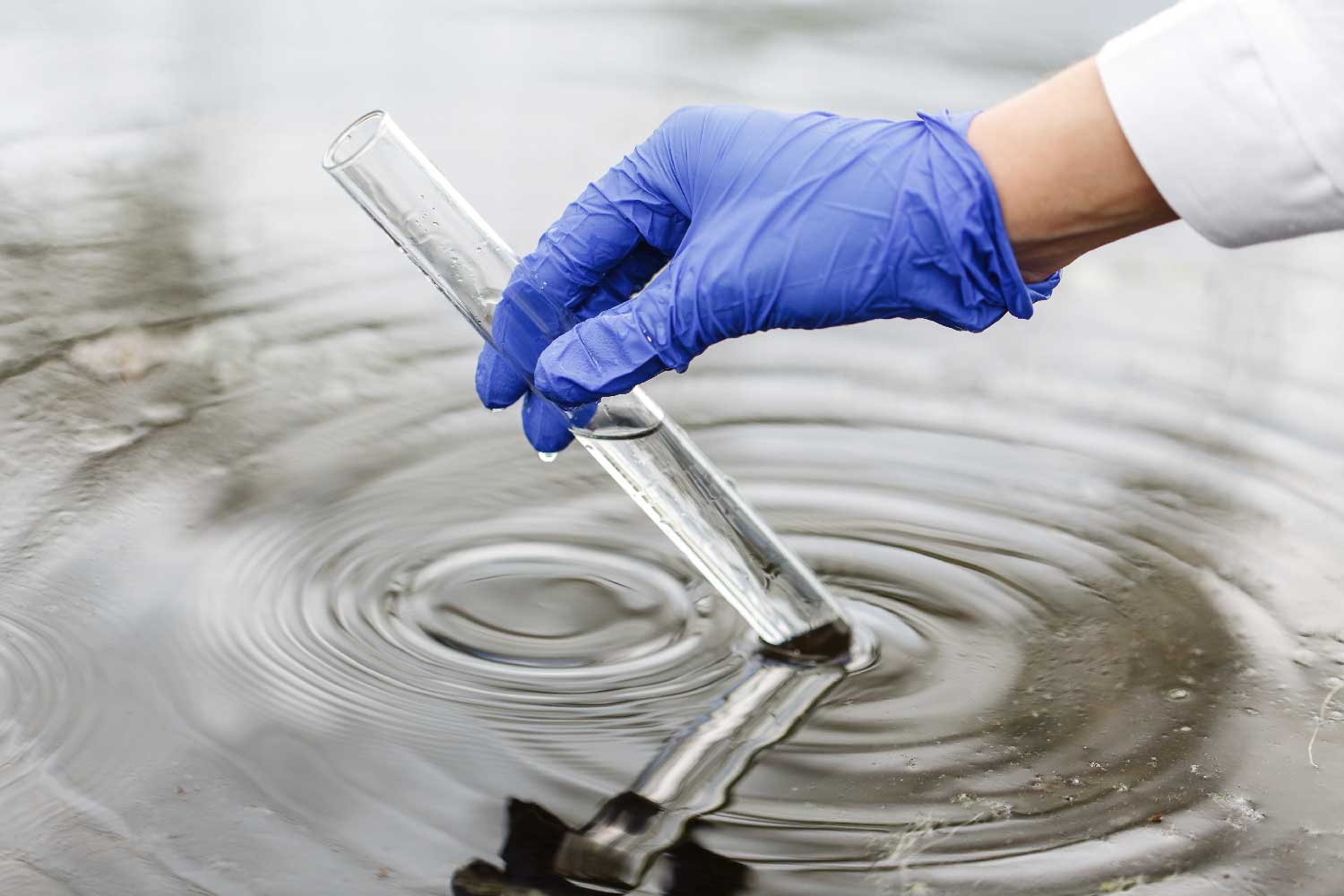
We provide wastewater effluent management which aims to remove contaminants from sewage to produce an effluent that is suitable to discharge to the surrounding environment or an intended reuse application, thereby preventing water pollution from raw sewage discharges.
The main types of wastewater are:
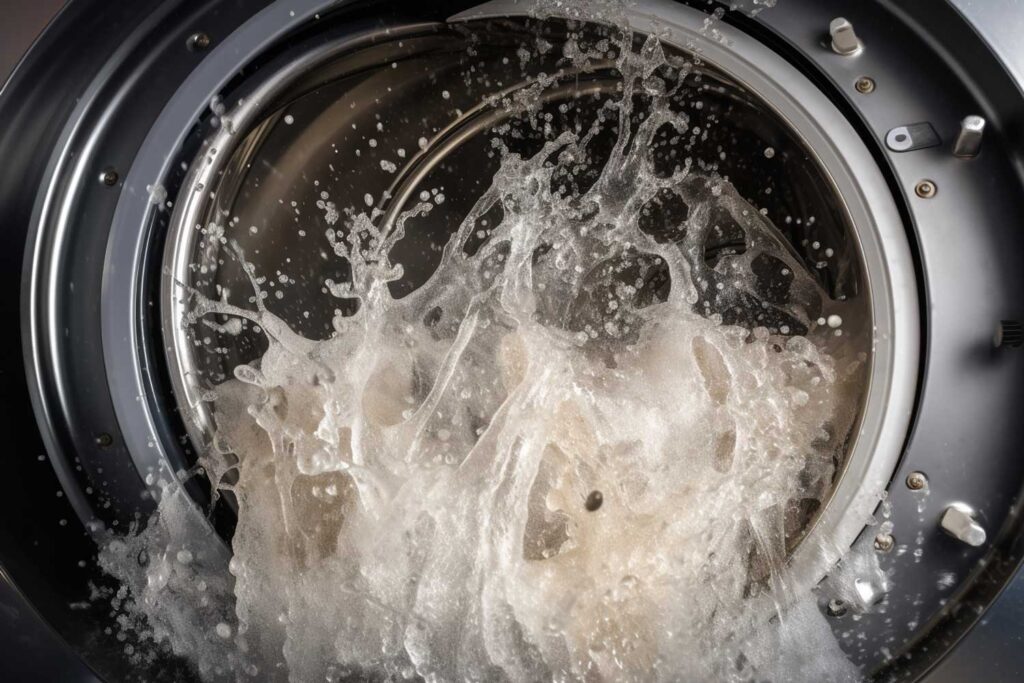
Greywater
From showers, baths, hand basins, washing machines, laundry troughs and kitchens
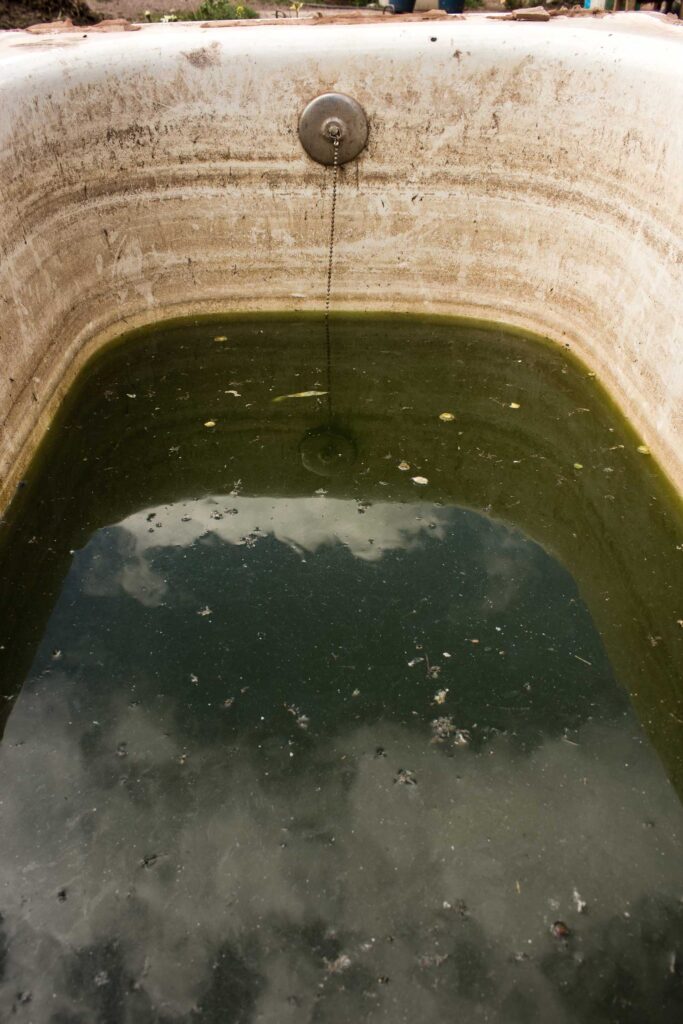
Blackwater
For example, toilet waste

Sewage
A combination of greywater, blackwater and trade waste.
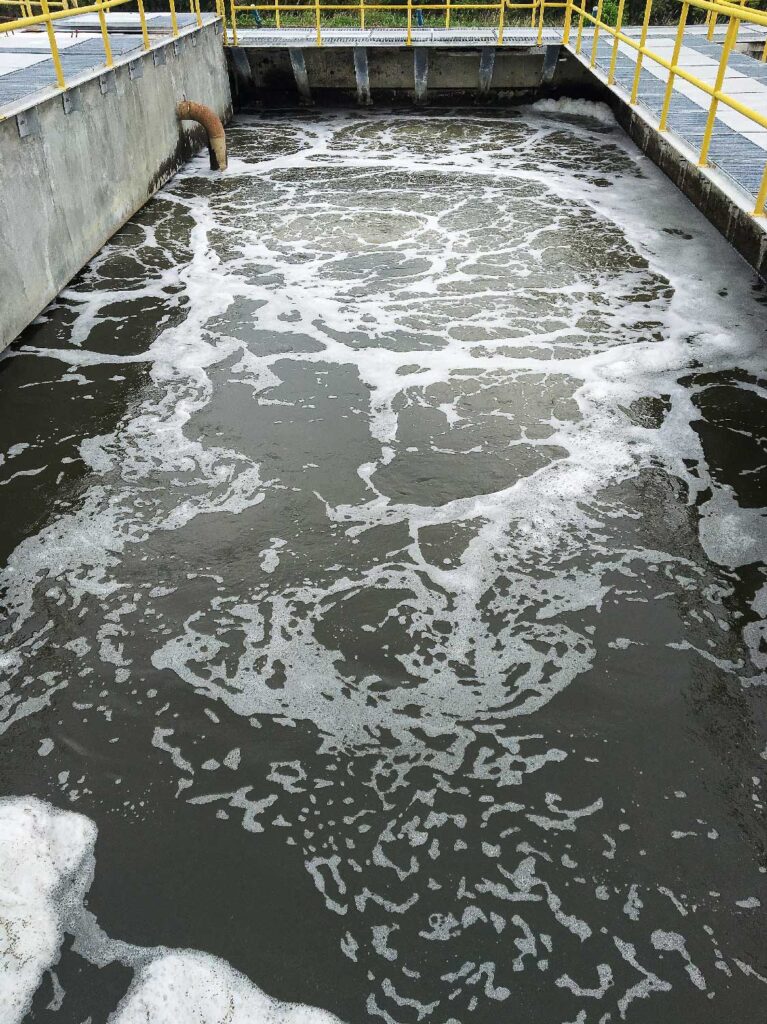
Industrial wastewater
Includes all wastewater waste except sewage.
Why is sustainable wastewater treatment important?
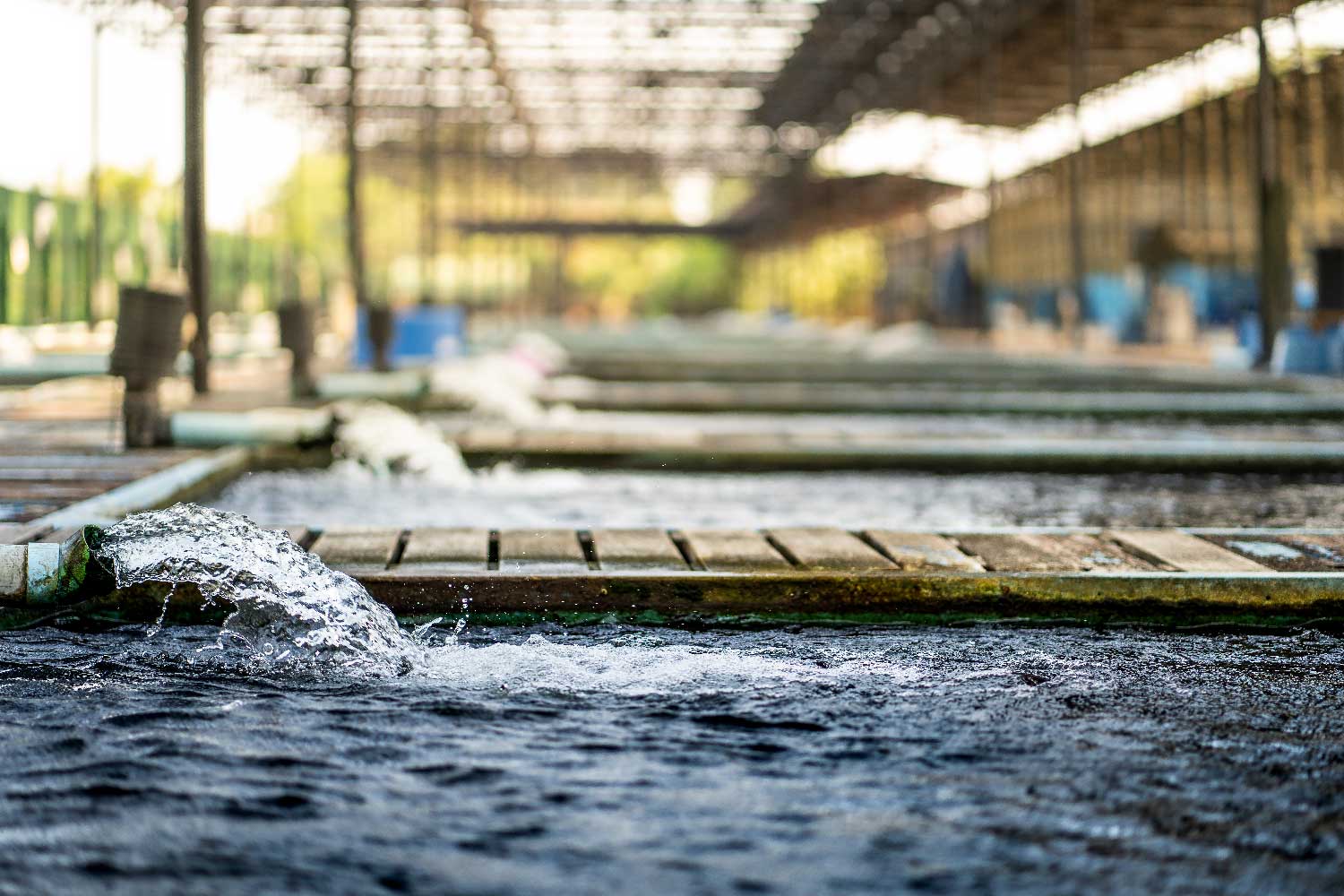
When treating the wastewater, the quantity of waste that is released into the environment is significantly impacting the overall environmental status, especially where it carries significant components of oil or detergent-based products, and where final disposal sites become stagnant.
The most immediate effect of wastewater on the environment is when it contributes toward the contamination and destruction of natural habitats and the wildlife that live in those habitats by exposing them to harmful chemicals that would otherwise not be present over the natural course of things. For this reason it is most necessary to treat wastewater prior to disposal into the environment.
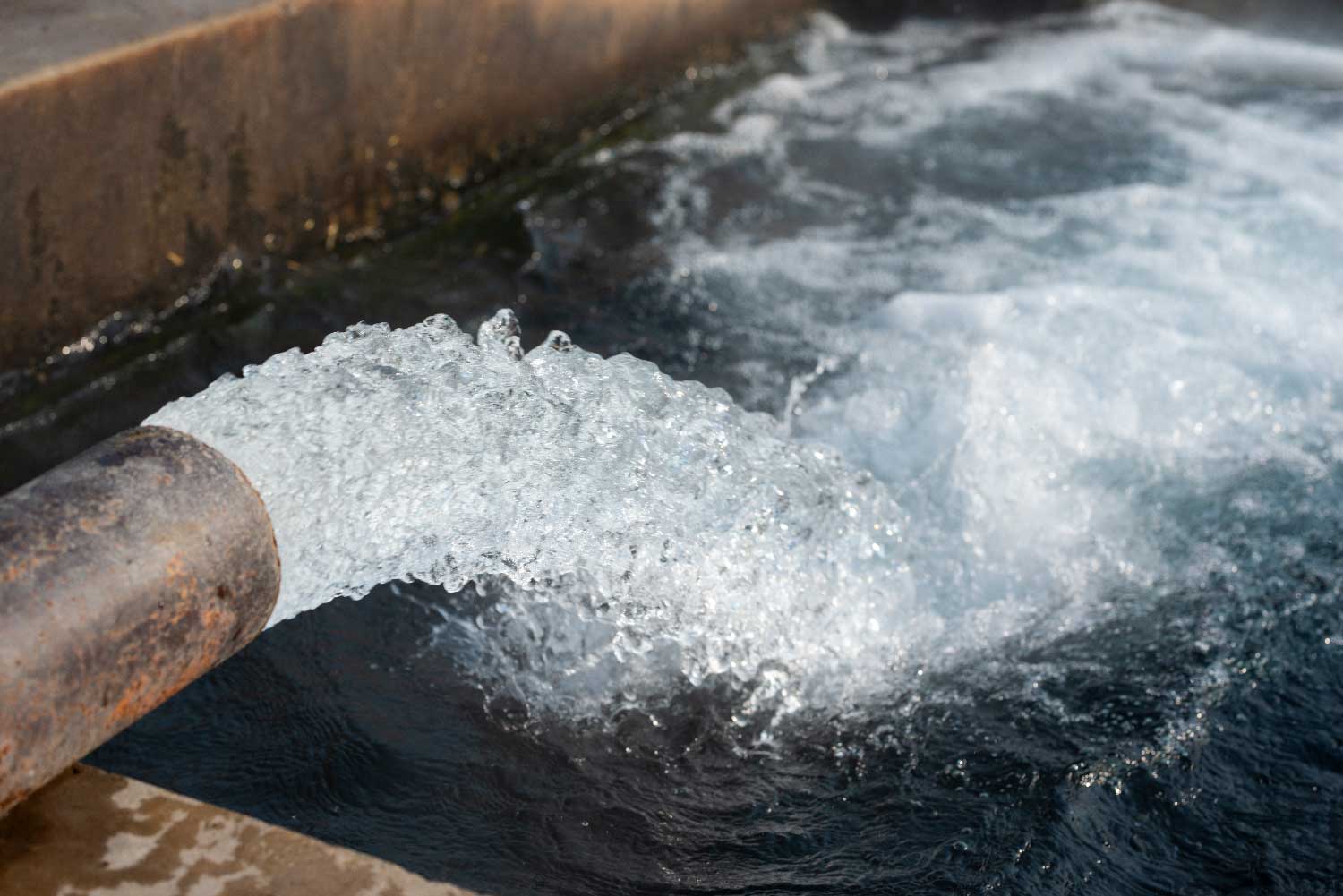

Wastewater treatment helps to reduce health risks by reducing environmental pollution which in turn reduces the damage to natural habitats. In addition to environmental and health benefits, wastewater treatment frees scarce freshwater resources for other uses or preservation and economic benefits through reuse in different sectors. By-products if wastewater treatment can become valuable for agriculture and energy generation making wastewater treatment plants more environmentally and financially sustainable.
